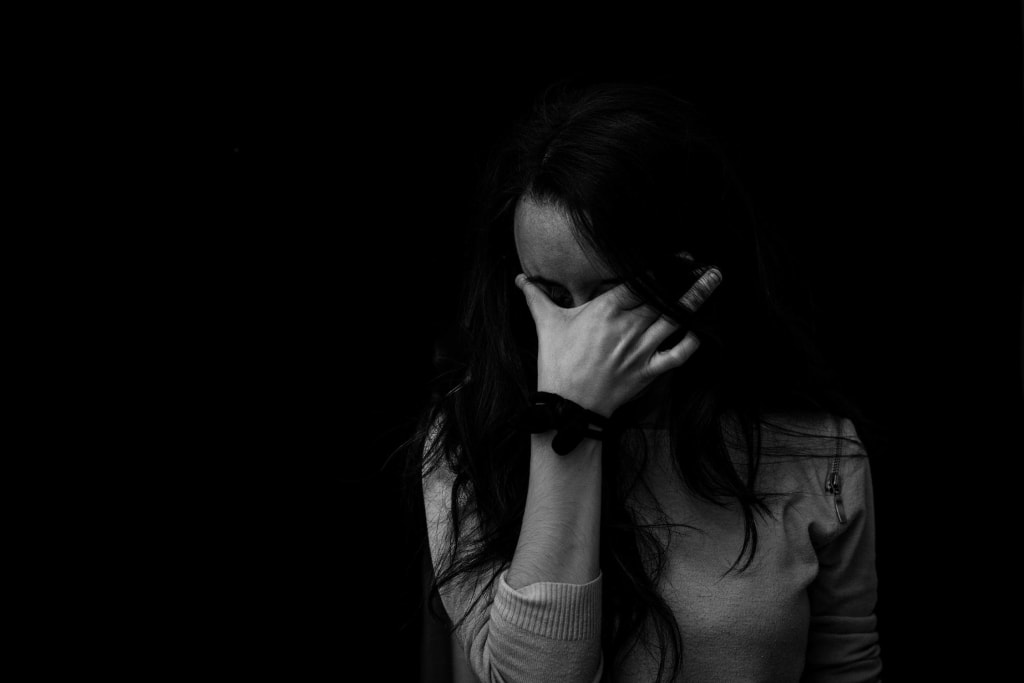Anxiety, Addiction, and What You Need to Know
How to Mitigate Symptoms of Anxiety in Recovery

Racing thoughts, pounding heart, sweaty palms, blood pressure is rising, and you could cut the tension with a knife—this is anxiety.
Maybe work is stressful or perhaps you’re struggling to find a compromise with a loved one. Your senses are overstimulated, and you feel like the world is crashing down around you. You may find yourself absolutely paralyzed with one thought in mind—get me out of here! You are struggling to sleep, concentrate, and eat.
Thoughts of the worst possible situation are flooding your mind. Meanwhile, you are trying your very best to change your thought process, but instead you’re grasping for straws looking for a solution—this is anxiety.
Onset of Anxiety
Whether you are in early recovery or have a substantial amount of time under your belt— experiencing crippling anxiety can be common. Your entire thought process and foundation of your life has changed. This may contribute to a sense of loss, worry, and unmanageability. The good news? These are feelings—feelings aren’t facts.
The Anxiety and Depression Association of America (ADAA) reports that more than 40 million American adults (18 and older) suffer from an anxiety disorder. According to the same study, those that suffer from alcoholism are also at risk, or currently struggling with anxiety, as well. Research has shown that those who suffer from an anxiety disorder are three times more likely to struggle with substance abuse disorder as well. Anxiety is rooted in fear and our body’s natural flight or fight response.
PTSD and alcoholism often go hand in hand. For individuals struggling with a co-occurring disorder of substance abuse and anxiety, it is vital that we develop new coping skills to help navigate through these overwhelmingly stressful feelings. It is always recommended that you seek professional help, however, there are also a ton of tools that can be utilized in mitigating symptoms of anxiety.
Meditation
I know you’re probably rolling your eyes at this suggestion. Meditation is a vital tool in easing the symptoms of anxiety. Meditation is not a complicated practice and can be implemented anywhere. Whether you’re out to dinner with friends, in a social setting, working, or even sitting by yourself‚—focusing on your breath can dramatically minimize the onset of a panic attack. Meditation can be used to help an individual become grounded. Relaxing and focusing on your breath can dissipate any outside distractions.
Exercise
Exercise has long been considered quintessential for maintaining overall mental health wellness. There is a direct correlation between physical exercise and stress reduction. Studies have shown that physical activity can be effective in reducing fatigue, improving clarity, promoting dopamine release, and improving cognitive function. Stress and anxiety are well known for depleting energy and our ability to focus—exercise can work as a form of medication for individuals struggling with anxiety and depression.
Stay Busy
One of the most challenging obstacles in early recovery is finding ways to fill our time. Prior to getting sober, our entire lives centered around our addiction. “Idle minds are the Devil’s workshop.” Keeping ourselves occupied is absolutely paramount in maintaining balanced mental health. Whether you want to go back to school, invest in new hobbies, exercise, getting involved in a 12 Step Fellowship, or even just spending time with friends, finding ways to keep yourself busy will be crucial in dealing with anxiety.
Step Out of Your Own Way
If you’re anything like me, I am my biggest critic. I place unrealistic expectations of utter perfectionism on myself—ultimately resulting in feelings of stress and anxiety. Being the judge, juror, and executioner of our own lives never served us in active addiction. In fact, this typically ruins our day and propels the cycle of anxiety. Put the gavel down and allow yourself some grace and space to be human. After all, this distorted thinking led most of us to drink in the first place.
Fear is a Liar
Fear can be absolutely paralyzing—if we hand over the power. However, fear cannot kill you. Fearful feelings can be very frustrating and seem so real, but remember—feelings aren’t facts. If you can remember that feelings are fleeting—even anxiety—it will pass. Take an objective view of your situation. Have you experienced feelings similar to how you’re feeling? Tomorrow, or maybe even the next hour, can be completely different. Taking an entirely different approach and perspective can absolve us of the horrible anxious thoughts and feelings.
Talk About It
Anxiety thrives in isolation, and when we avoid these feelings they can fester and eventually explode. Talking to someone when you are feeling anxious negates the power of negative and overwhelming feelings of impending doom. Give your anxiety a voice—awareness is key to change. Seek professional help and talk about your anxiety.






Comments
There are no comments for this story
Be the first to respond and start the conversation.